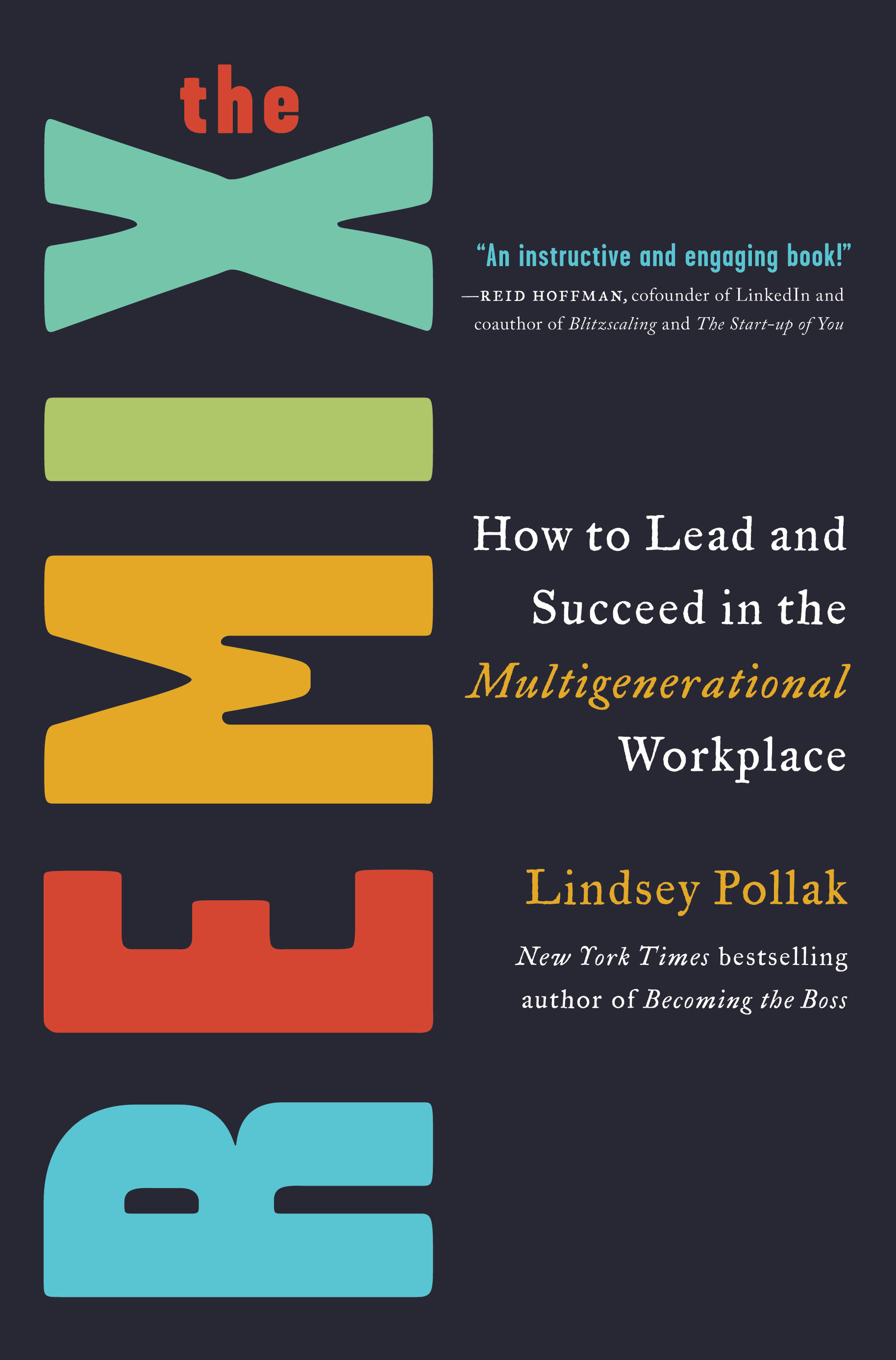It’s hard to talk about employment without talking about money. Over the years, I have asked people how they ended up in their chosen career field, and often a Baby Boomer would answer, “I took the job that paid the most money and that’s how I ended up in this career.”
I don’t hear that answer as much anymore.
This does not mean money is unimportant to younger genera- tions. We all need money to live, and, as discussed, many Millennials are in debt and the Great Recession wiped out a tremendous amount of wealth across generations.
But when I ask Millennials in particular about how important money is to their career decisions, the answer is often—but cer- tainly not always—that money is important but other factors, like career opportunities, flexibility, and a sense of purpose, are more important.
It is often said in the media that Millennials will be the first American generation to be “less well off” than their parents’ gener- ation. When I discuss this with Millennials, they resist this charac- terization. “We may not make as much money or own a big house with two cars in the garage,” they tell me, “but my definition of success is different. Success to me is doing work that I enjoy. I’ve already traveled more than my parents and I have great friends and time to spend on things I love to do.”
It’s hard to argue with that sentiment. And prioritizing mean- ing over money might be more common than we realize. Multi- ple cross-generational studies today show a marginal relationship between compensation level and job satisfaction. You’ve probably come across the 2010 Princeton University study that found well- being rises only with an income up to $75,000 ($86,000 in today’s dollars). After that, money doesn’t really make people any happier.
While I haven’t studied the exact dollar amounts myself, I can certainly vouch for the fact that I have worked with professionals making tens of millions of dollars a year and they often complain about the same workplace challenges as those making much less: lack of communication from leadership, bad bosses, difficult col- leagues, and unclear career paths. I have yet to see a retention bonus or salary increase keep an employee for all that long. As one very well-compensated banker said to me, “I care about my comp the day I get the number. The other 364 days of the year, everything else matters more.”
What does this mean for you as a leader? It is important for the salaries you offer to align with industry norms—again, people do need to pay their bills and no one wants to feel undervalued—but it is not the most important factor to consider when attempting to recruit or retain top talent of any generation in today’s market. If you are a leader who does not directly make compensation deci- sions, this is good news. One study found that 80 percent of Amer- ican workers across generations would rather have a boss who cared about them finding meaning and success in work than receive a 20 percent pay increase. And employees who find their work highly meaningful are 69 percent less likely to quit within the next six months.
Keep in mind that different generations and different individuals may define “meaning” quite differently, of course, and leaders need to honor that. For example, a meaningful job to a midcareer Gen Xer might be one that allows him independence and more time to spend with his family. A meaningful job to an aging Boomer might be one that respects her desire to continue contributing to the labor force into her 70s. A Gen Z might find it meaningful to feel like she is saving the world.
Back in 1974, Studs Terkel wrote in his oral history Working that the “happy few” people who truly enjoyed their jobs had “a meaning to their work over and beyond the reward of the paycheck.” I do see more leaders today incorporating discussions of meaning and purpose into their management toolkit; I would love to see more. In an environment obsessed with cost cutting and maximizing share- holder value, why wouldn’t we put more effort into a management practice that has zero cost?

Excerpted from The Remix: How to Lead and Succeed in the Multigenerational Workplace by Lindsey Pollak. Used with permission from Harper Business.
Follow us here and subscribe here for all the latest news on how you can keep Thriving.
Stay up to date or catch-up on all our podcasts with Arianna Huffington here.


